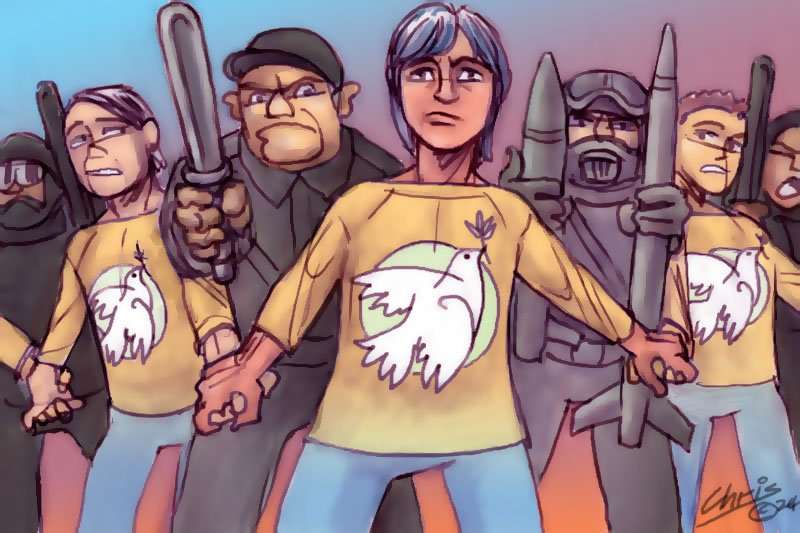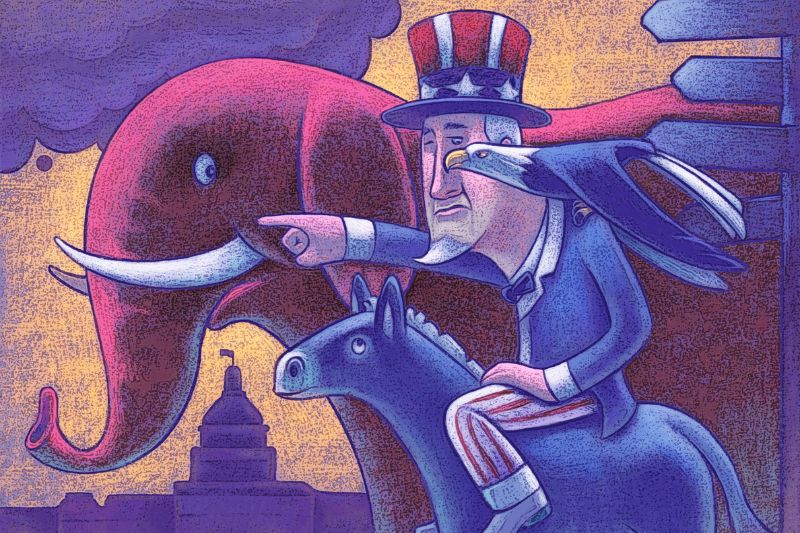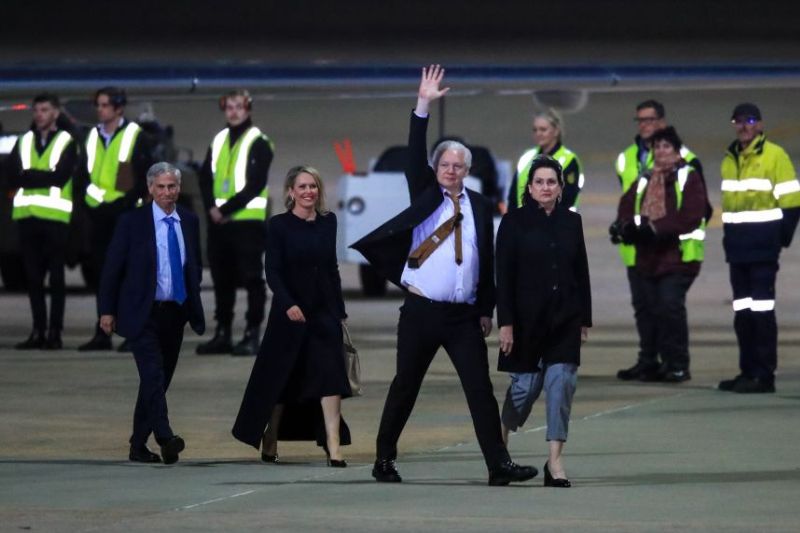Keywords: Afghanistan
There are more than 24 results, only the first 24 are displayed here.
Become a subscriber for more search results.
-

INTERNATIONAL
- Nirmal Ghosh
- 14 March 2025
Donald Trump’s return to the White House was the culmination of decades of economic decline, political disillusionment, and cultural fracture, forces the liberal elite ignored at their peril. As Trump reshapes America’s role in the world, his rise reveals hard truths about democracy, populism, and power in the 21st century.
READ MORE 
-

AUSTRALIA
- David Halliday
- 03 February 2025
“Underworld figure shot in our basement carpark.” Australia is meant to be one of the world’s safest places, where violence belongs to someone else’s world, until it shows up at our door. When it does, how are we supposed to respond?
READ MORE 
-

INTERNATIONAL
- Justin Glyn
- 10 December 2024
Peace is hard to define, harder to achieve, and almost impossible to sustain. In a world obsessed with profit, simplistic narratives, and selective outrage, peace feels like a lofty ideal rather than a realistic goal. But what would it take to make peace more than a buzzword—and a true global reality?
READ MORE
-

INTERNATIONAL
- Michele Gierck
- 21 November 2024
2 Comments
The war reports we hear on the news often focus on statistics: casualties, destruction, and key figures lost. But the true cost of conflict lies in the long-term human suffering. For those living through war, the trauma endures long after the fighting stops.
READ MORE
-

INTERNATIONAL
- Andrew Hamilton
- 21 November 2024
5 Comments
As Australia watches the U.S. navigate its Trump-era transition, we wait in uncertainty. Any interregnum period is a time for rethinking, for wondering about our own nation, and not just for focusing on another. It is a time to rethink what we have taken granted about what is for the good of Australian society.
READ MORE
-

INTERNATIONAL
- David James
- 18 November 2024
4 Comments
Donald Trump's first term, marred by impeachments, bureaucratic resistance and a pandemic, offered few answers as to how a businessperson might navigate the complexities of Washington. Now, as he returns to office, Trump’s business instincts — and their implications for governance — are once again under scrutiny.
READ MORE
-

RELIGION
- Michael McVeigh
- 18 November 2024
7 Comments
Religious persecution often fades from public view unless it fits a political agenda. Yet Christians worldwide continue to face existential threats, from systemic repression in China to deadly violence in Nigeria. It’s worth reflecting on the cost of indifference and what it means to advocate for justice beyond our culture wars.
READ MORE
-

INTERNATIONAL
- Warwick McFadyen
- 17 September 2024
2 Comments
How do you try to turn a human into something less than human? You take away their voice. The Taliban in Afghanistan have recently introduced new laws that ban women’s voices and faces in public, continuing the extreme subjugation of half the Afghan population.
READ MORE
-

INTERNATIONAL
- Robin Osborne
- 05 September 2024
1 Comment
Pope Francis has frequently voiced sympathy for refugee concerns and before leaving on this trip, he reaffirmed his call for safe migration pathways for people fleeing their own countries for fear of persecution, describing any refusal to harbour asylum seekers as a ‘grave sin’.
READ MORE
-

AUSTRALIA
- Joseph Camilleri
- 28 August 2024
3 Comments
As Australia faces numerous moral crises from domestic inequality to global militarization, a proposed national charter of principles could to reshape our society and redefine our global role. This declaration would acknowledge Indigenous dispossession, prioritize human rights, and shift focus from military alliances to human security.
READ MORE
-

INTERNATIONAL
- Peter Craven
- 25 July 2024
It’s easy, isn’t it – much too easy – to invoke the standard response that only in the so-called Land of the Free could these things transpire. A vulgar, mendacious man who has refused to believe that he lost the last election is now the improbable victim of an assassination attempt. And the incumbent president, who has not done badly at his impossible job, surrenders his chance at re-election.
READ MORE 
-

INTERNATIONAL
- Binoy Kampmark
- 01 July 2024
Julian Assange, once confined to Britain’s most forbidding maximum-security prison, is now free after pleading guilty to a single conspiracy charge. This unexpected twist in the WikiLeaks saga, involving complex negotiations and political maneuvering, could have profound implications for press freedom and the future of journalism worldwide.
READ MORE